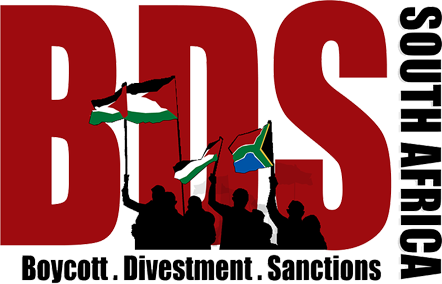
This article was published in The Weekend Argus on the 3rd of September 2017
Not for the first time in UCT’s recent past, the university is facing a dilemma: whether to capitulate to the groans of the South African Zionist community, or whether to promote the human rights and academic freedom of Palestinians by implementing an academic boycott of Israel.
Last week, the UCT Academic Freedom Committee considered a proposal put forward by the Palestine Solidarity Forum that UCT implement an academic boycott of Israeli universities. This academic boycott would require that UCT reject forming any institutional ties with Israeli universities.
The rationale for this call is clear – Palestinian human rights are violated by Israel on a daily basis, with the direct and indirect support from Israeli universities. The violations range from actively evicting Palestinians from their homes in order to build campuses, to providing the Israeli army with technology and equipment used for oppressing Palestinians in the illegally occupied territories, to developing ethical doctrines used by the army to justify the killing of innocent Palestinian women and children.
By implementing an academic boycott, UCT takes a principled position in the defence of human rights and academic freedom. Furthermore, while a boycott, and resistance in general, is never a precise science, there is a compelling case that such a boycott would politically isolate the Israeli state to the extent that Israel is forced to concede the human rights of Palestinians. The potential effectiveness of an academic boycott can already be witnessed by the panicked letters and communications from the Zionist machine that, even at this early stage, is trying its utmost best to undermine the exclusively student-led campaign by the PSF.
Two of the main accusations that have been levelled at PSF for campaigning for an academic boycott is that, firstly, it is anti-Semitic and, secondly, it violates academic freedom.
The critique that any action against Israel is anti-Semitic is worn-out propaganda that only still has traction in the minds of a few regressive Zionists. As has been made very clear, Judaism is a religion and a culture, while Zionism is a political ideology. To conflate the two is a repugnant, yet common, tactic of the Zionists to lean on the tragic history of the Jewish people to advance their narrow political project. It is the Zionists who distort and denigrate Judaism by conflating it with Zionism. The UCT academic boycott of Israel does not target anyone because of their Judaism; it exclusively targets those responsible for the oppression of Palestinians.
Secondly, the academic boycott does not violate the critical principle of academic freedom, but rather promotes it. Academic freedom as a value is the protection of scholars’ ability to engage with one another in an academic context. UCT and Israeli scholars would be free to continue such engagements – the boycott targets institutional links between UCT and Israeli universities, it does not affect the academic relationship between individual UCT and Israeli scholars. However, what the Zionists fail to acknowledge is that the academic freedom of Palestinian scholars is routinely violated by the Israeli state. Palestinian universities are regularly bombed, arbitrarily closed and obstacles placed to prevent access to campuses. If anything is a violation of academic freedom, it is not an academic boycott by UCT, but rather the actions by Israel disrupting the Palestinian academic programme. An academic boycott is a clear, legitimate, non-violent means of advancing the academic freedom of UCT scholars’ peers in Palestine.
PSF has organised an open seminar series to discuss all aspects of the academic boycott. Previous talks on the boycott by Prof Andrew Nash, Nurina Ally and Zackie Achmat can be viewed on PSF’s Facebook page. On Tuesday, the 5th of September, Prof Steven Friedman and Prof Ran Greenstein will be discussing the academic boycott of Israel that was implemented at the University of Johannesburg and common misconceptions of the boycott; and Kwara Kekana will be talking on the potential impact of the UCT academic boycott on the 12th of September. Both events will begin at 18h30 in Leslie Social 1C on UCT Upper Campus. All are welcome to attend and engage (which we encourage rather than the Zionists’ cowardly tactic of disseminating blatant fabrications in articles from afar).
University Of Cape Town Palestine Solidarity Forum
































































